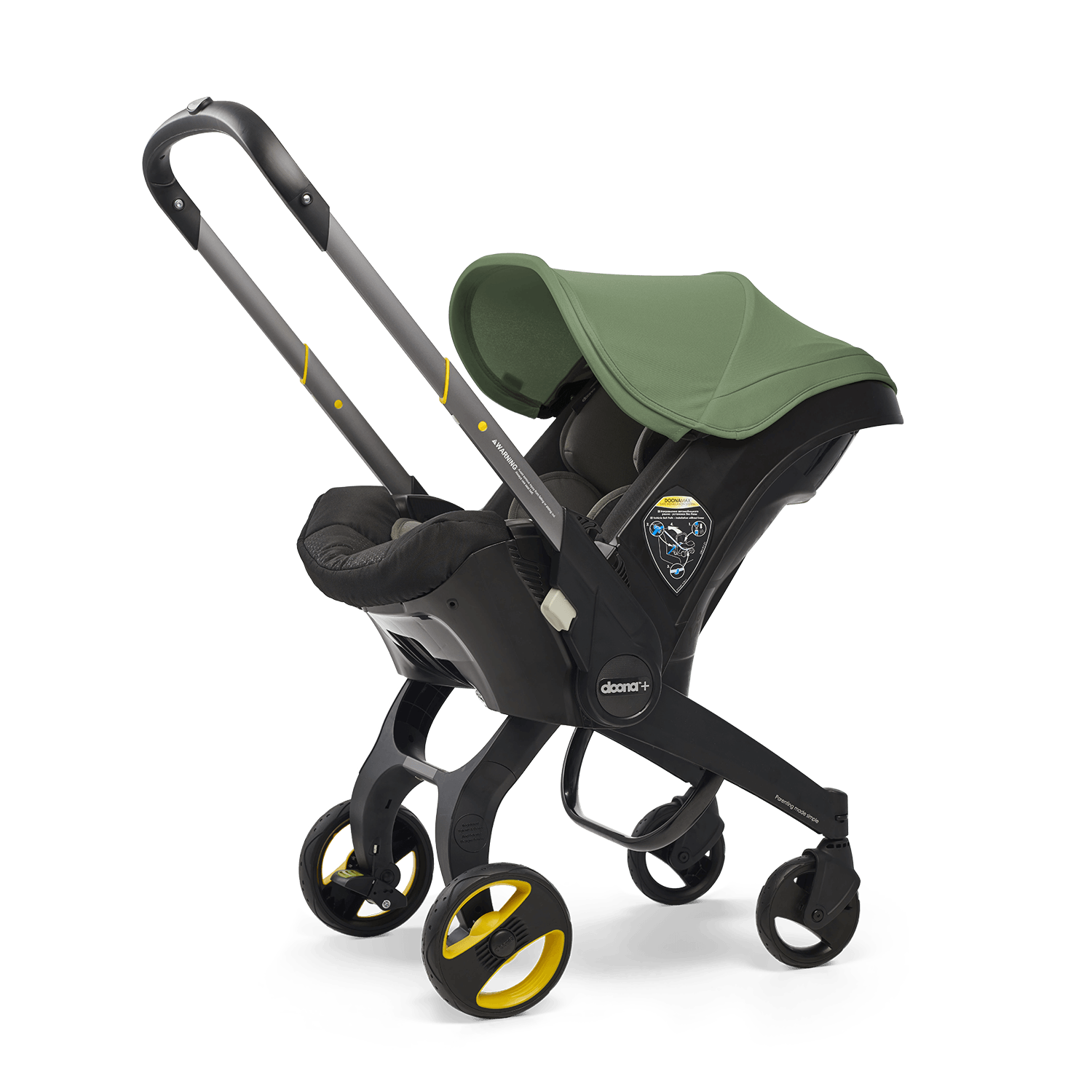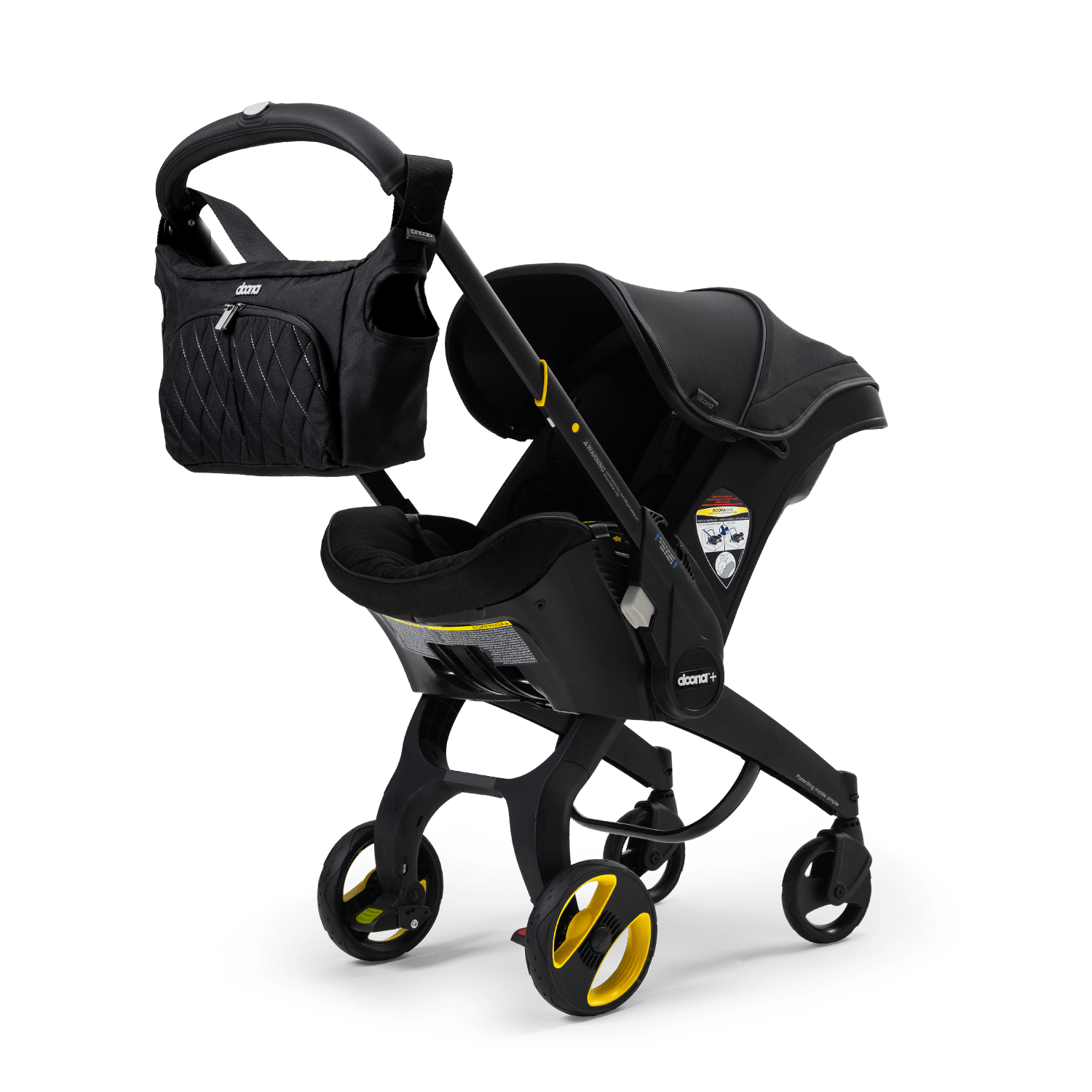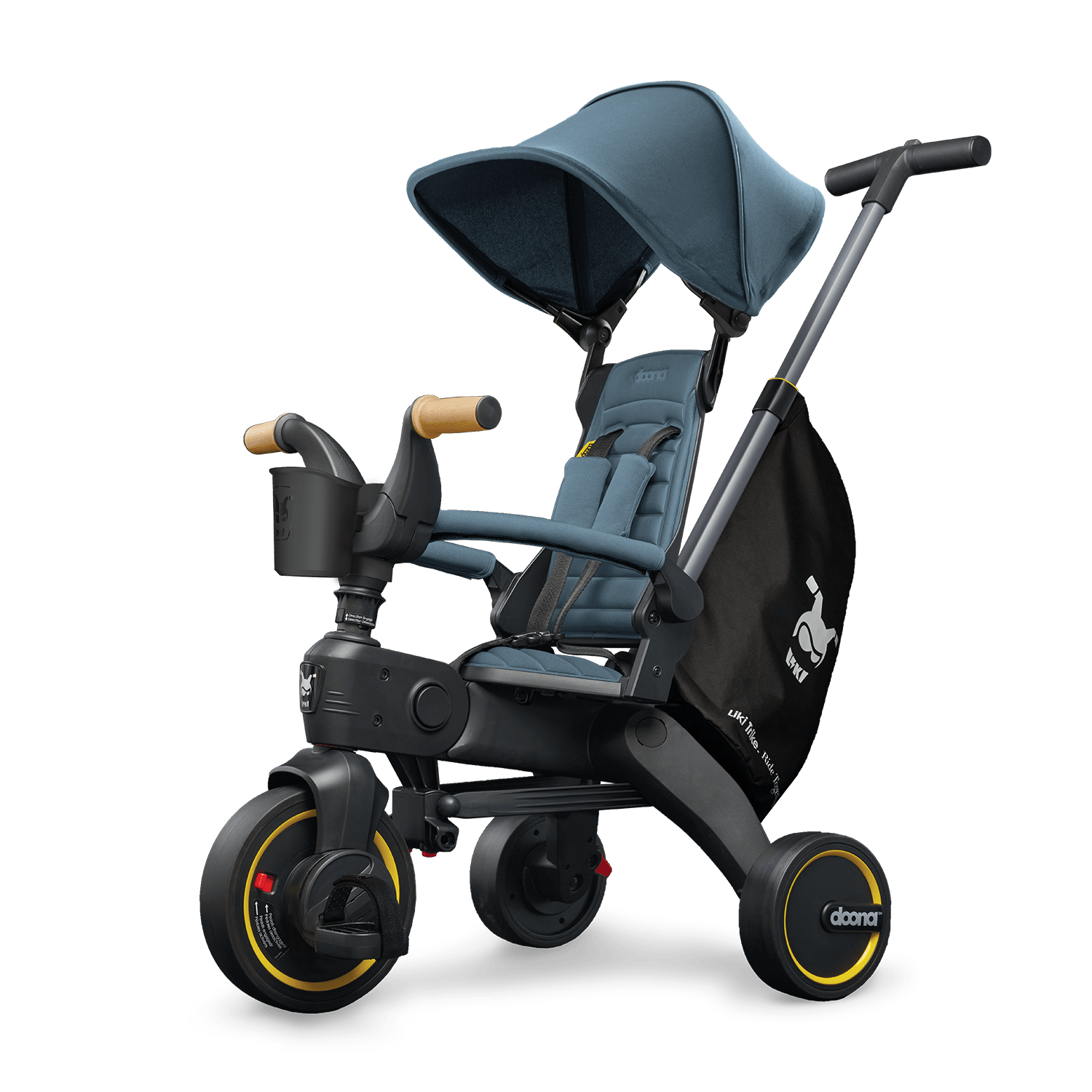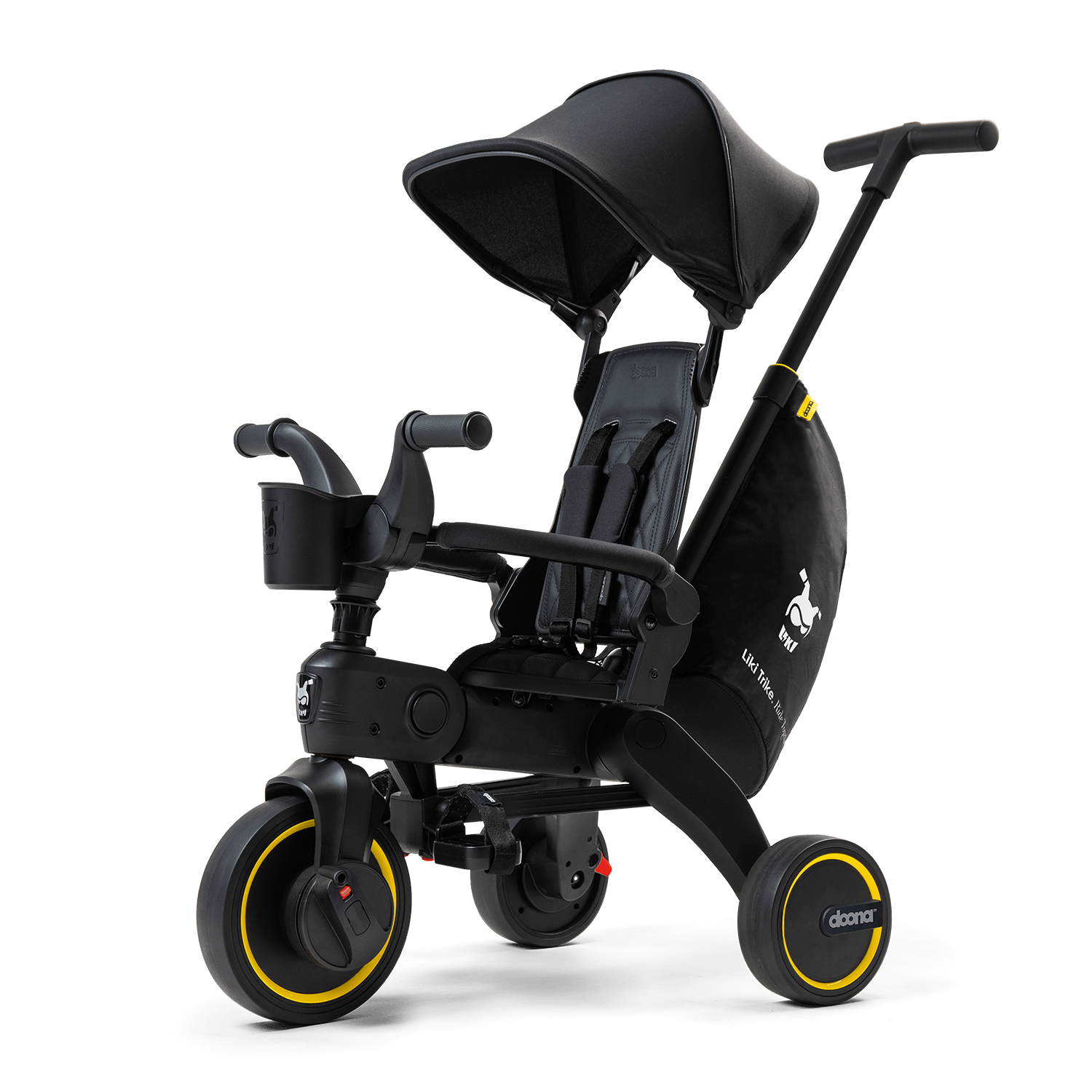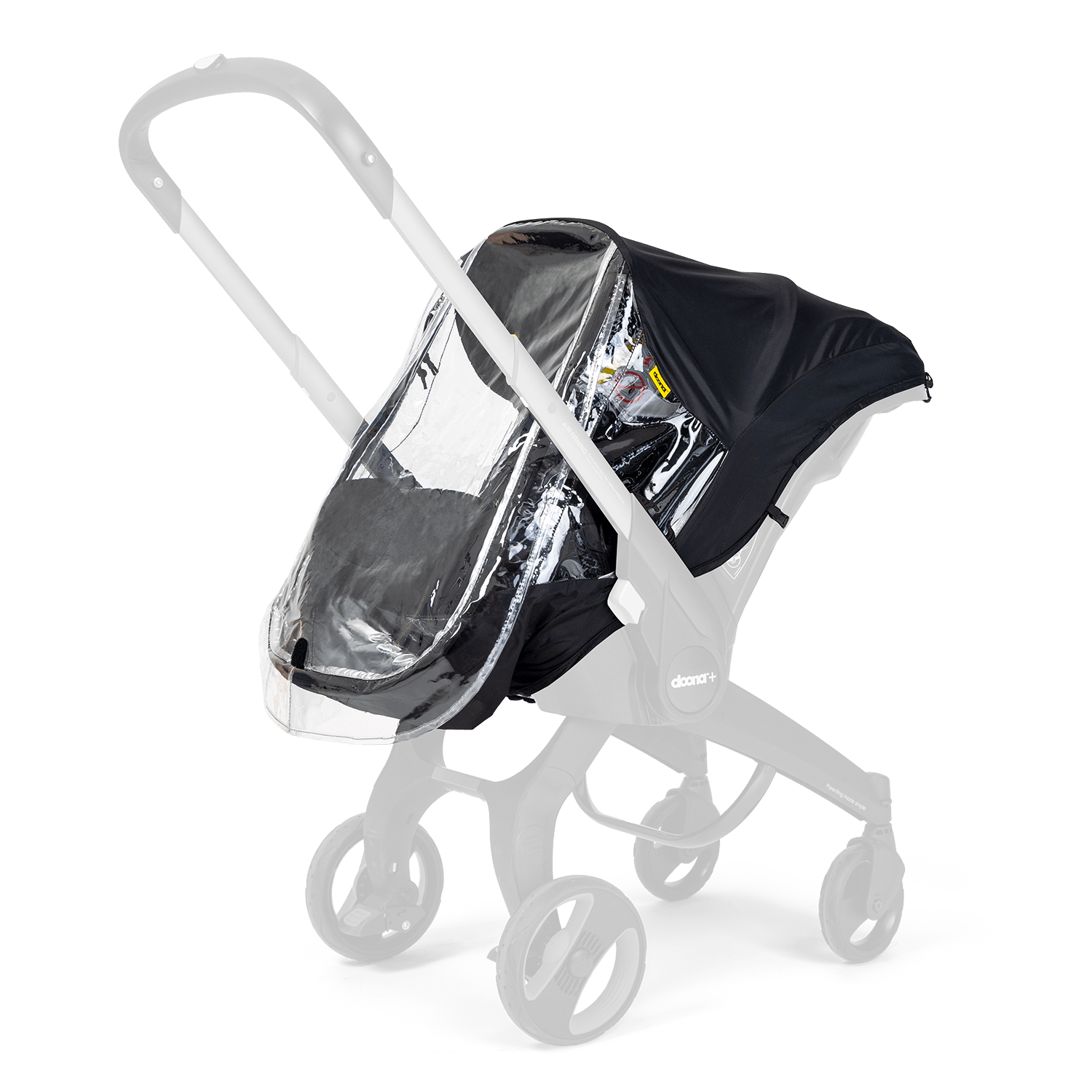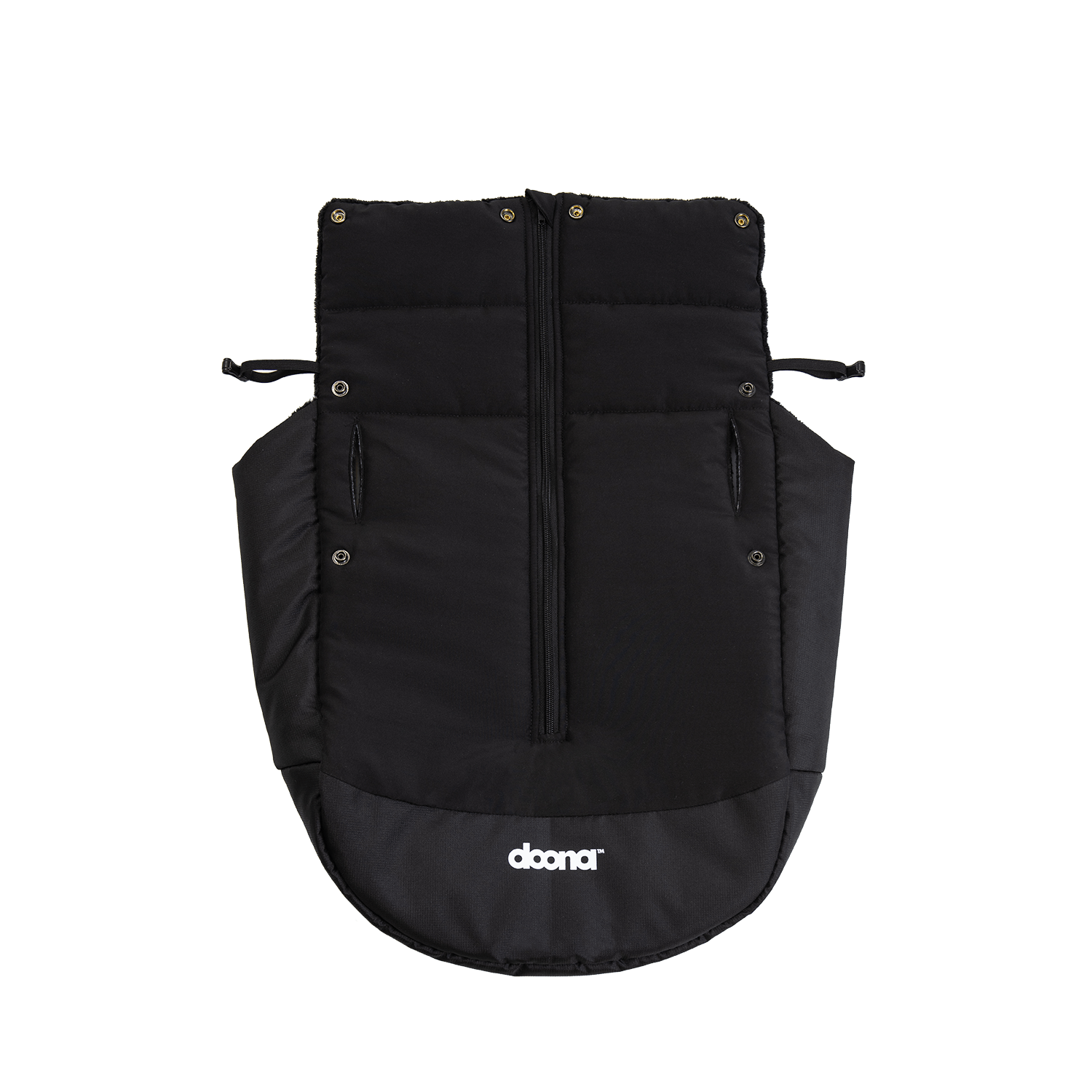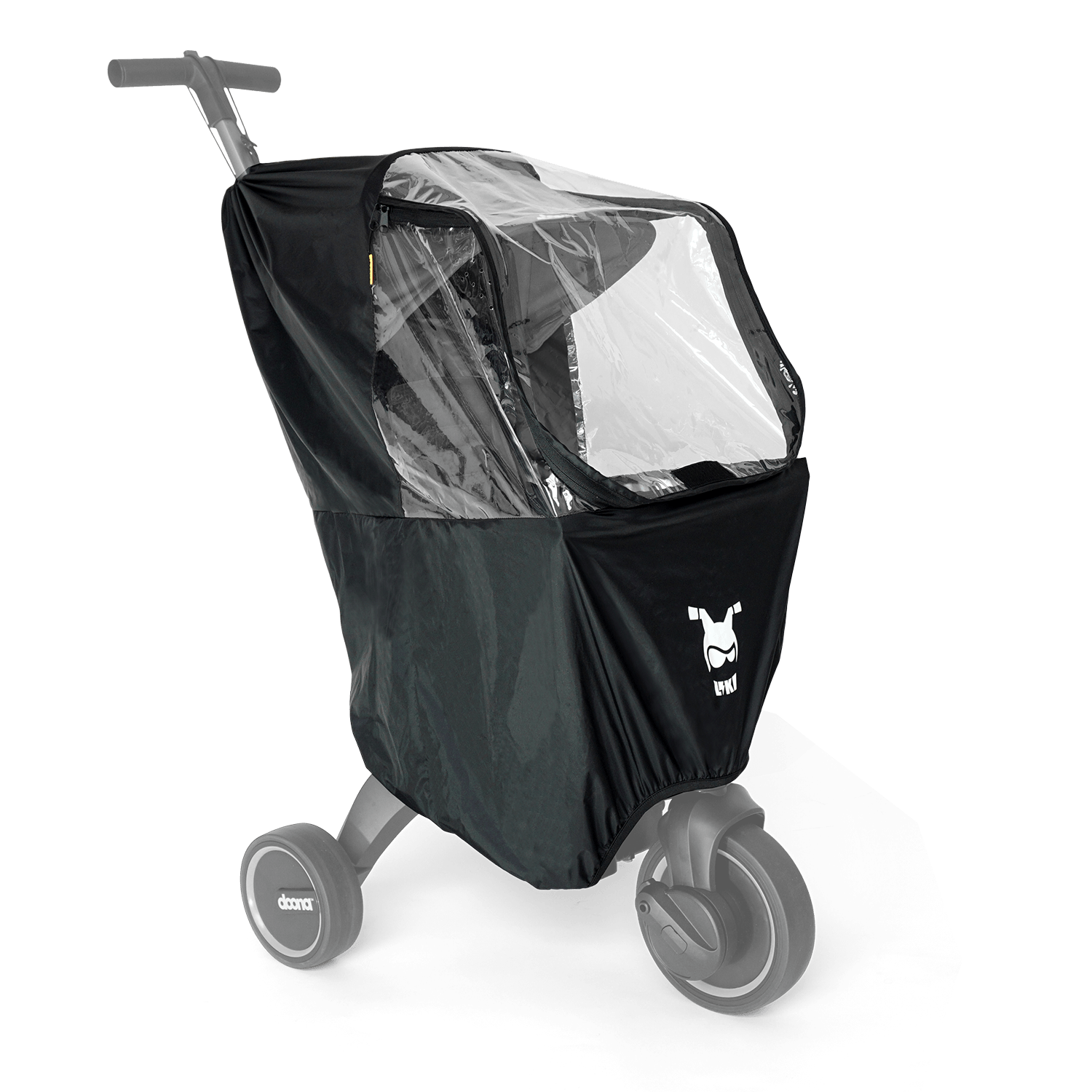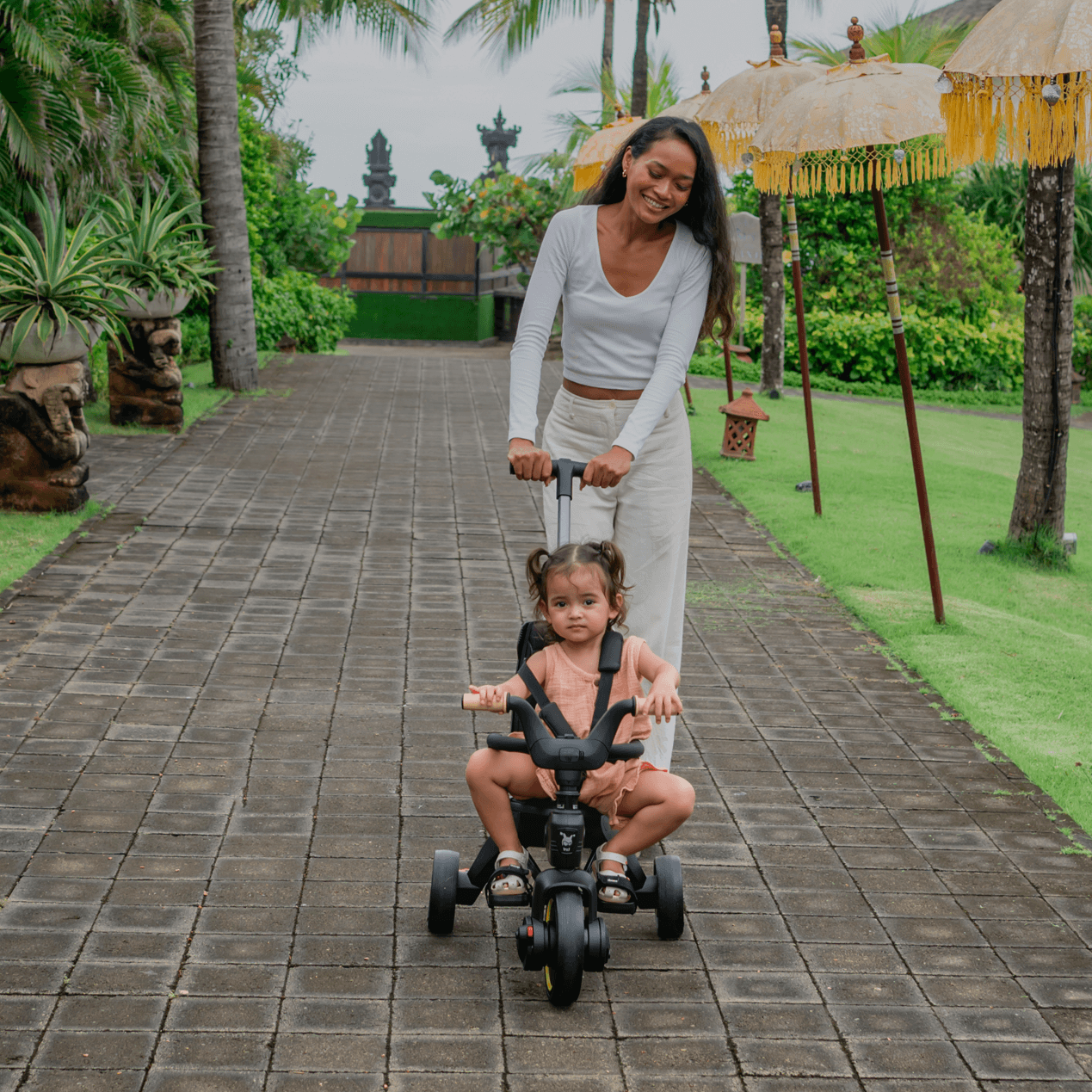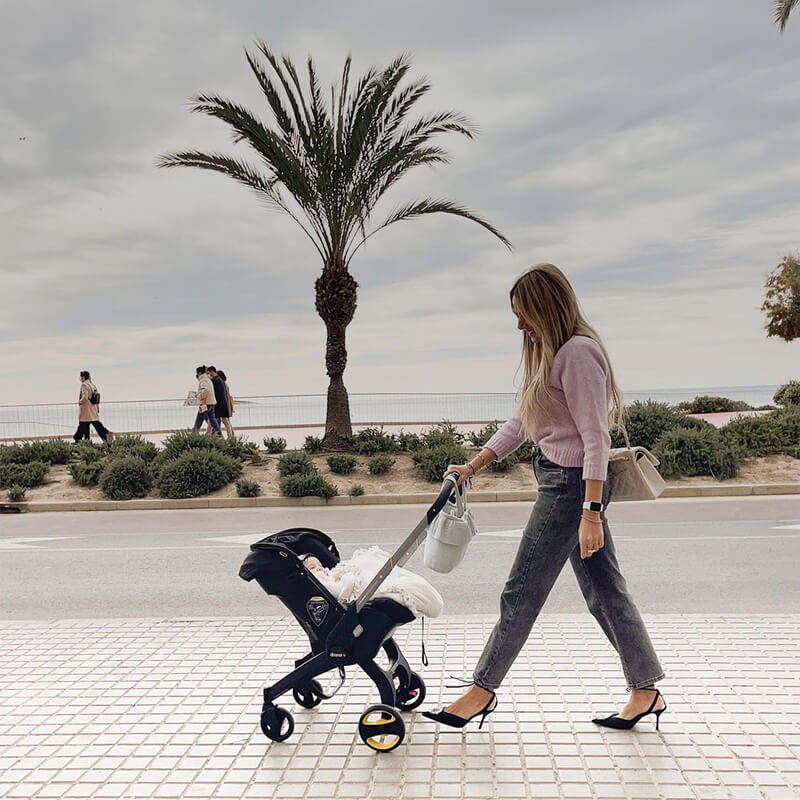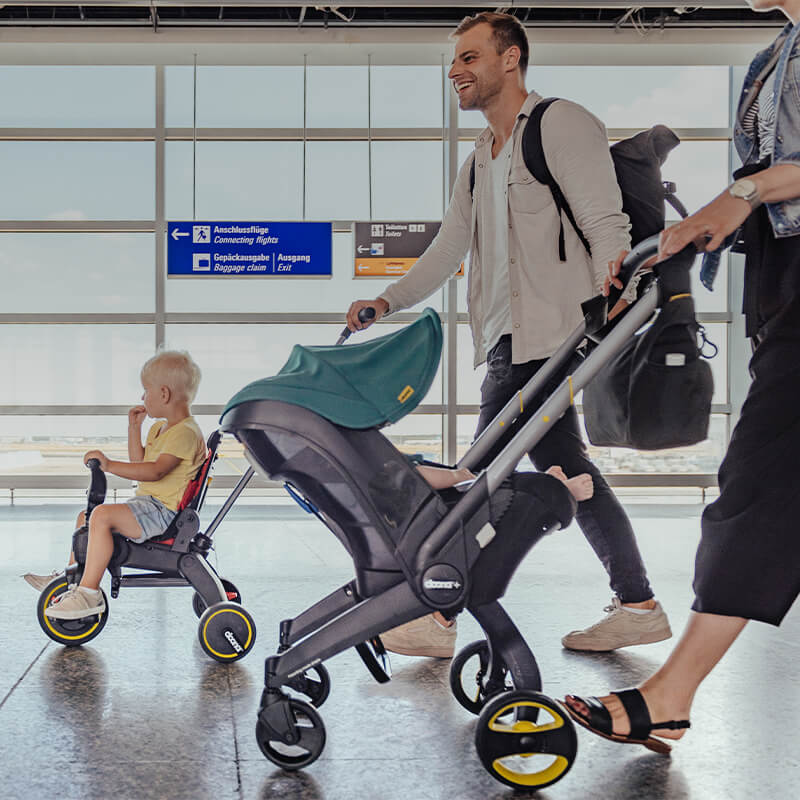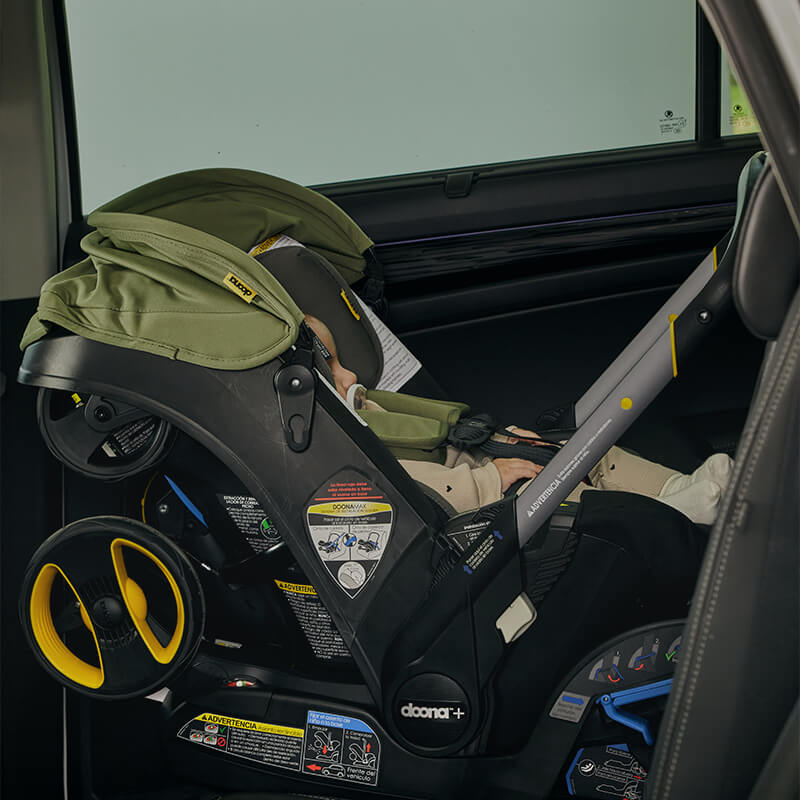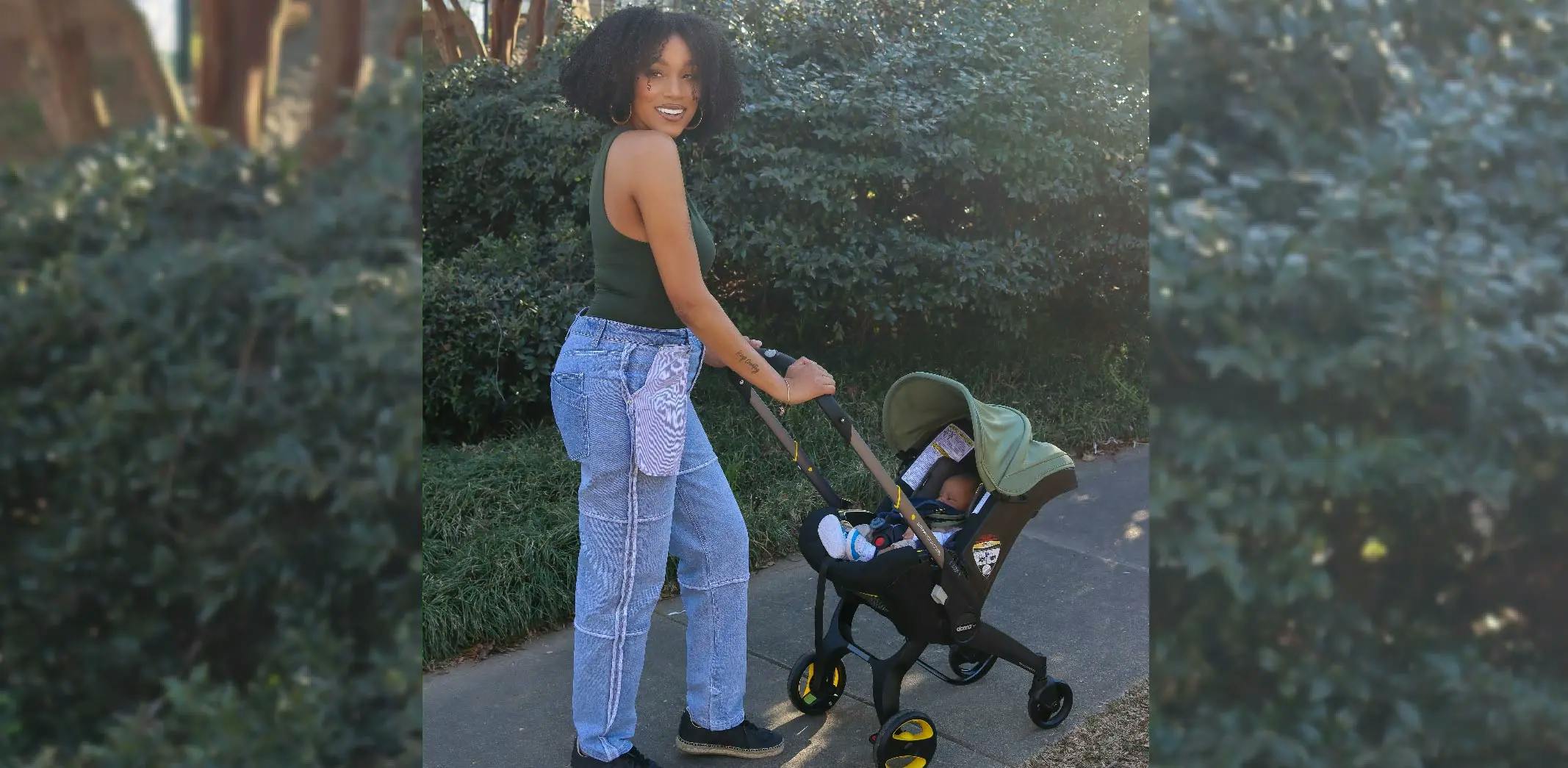Insights with Casey Joe, on endometriosis & pregnancy
In honor of Endometriosis Awareness Month, our latest Insights Series covers endometriosis and pregnancy, with Casey Joe, a mother who experienced it firsthand. Casey Joe is a social media influencer and new mother, who experienced the condition during her pregnancy journey. You can learn more about Casey through her Instagram handle @itscaseyjoe (opens in a new tab).
So happy that you can join us, let's get started.
I'm Nat, and thank you so much for joining. I am with Caseyto Mark endometriosis month, and we're really thrilled to have you. Tell us a bit about yourself.
Hi everyone, I'm Casey, I am a 28-year-old content creator in Atlanta, Georgia, and I am an endometriosis advocate. I was diagnosed back in 2018 and started sharing the journey and everything that I was experiencing, and here I am, made it a career basically.
So obviously it's endometriosis month, can you tell us like a bit about the condition for women or men who haven't heard of it?
So, endometriosis is a chronic illness that affects 1 in 10 women. It can actually affect men as well, but most commonly dealt with by women. It's when the lining of your uterus grows on the outside, and it can be extremely painful. I mean the worst periods you can possibly think of, as well as affect your fertility.
A lot of times people are not diagnosed until like 7 to 12 years after dealing with it because it's not something that is commonly discussed in doctor offices, and a lot of people don't know what it is. I actually did not know what it was when I got diagnosed, actually a lot of women are dealing with it and have no clue, unfortunately.
I can't believe that it isn't really known about by doctors.
Unfortunately, you know, it's something that we call medical gaslighting. A lot of times we expect periods to be painful. So, when a woman is going to the doctor and they're talking about dealing with really painful periods and it's very heavy and going on for a really long time, most of the time doctors say, ‘you know, that's just your body’.And that's unfortunately what I've dealt with since I was 14, I believe.
How has your own experience with endometriosis been? What has it been like for you?
I did start my menstrual cycle very early, which is common with women who have endometriosis, about 10 years old. But the earliest time I can remember of actually being in pain was about 14, and it usually started to happen after my period when I was ovulating. I mean, so painful that I was almost taken to the hospital, crying in foetal position, missing school a lot. I got in trouble a lot for missing school but yeah, I'm like, ‘I can't make it, I literally can't even walk, it's so painful’.
When the diagnosis actually started to happen, my stomach was really, really large, it looked like I was pregnant, but I wasn't, for sure. People kept congratulating me and my mom was like, ‘we need to go get this checked out because if you're not pregnant, but you look pregnant, something isn't right’.
We went to the doctor's office and the guy said ‘it looks like you have a tumor in your stomach’. The moment he looked at me and I was ‘what do you mean a tumor?’. So, after a bunch of tests, I was misdiagnosed with cancer first. But after that I went and got a second opinion, and he was like, ‘that looks like endometriosis.
I ended up getting a laparoscopic surgery procedure, which is actually the only way you can be properly diagnosed with endometriosis, and that's how I found out. I dealt with menstrual cycles that were 10 days long, every two weeks, very heavy, and unfortunately not being able to move too much for the first couple of days of my period as well as when I was ovulating. I thought I was dealing with fertility issues, but I was blessed with a baby boy just recently.
Congratulations! So, how many years after from your diagnosis did you have the surgery?
I got the surgery on February 12th 2018, and that's when I was diagnosed. In order to be properly diagnosed with endometriosis, you have to have the surgery procedure. They can kind of have an idea looking at your ultrasounds, but they can't actually say exactly what it is until after the surgery.
Basically, what the laparoscopic surgery was, I had like five incisions, four on my stomach and one in my belly button where they insert a camera in to look around. I had a lot of ovarian cysts as well, which was the reason I looked pregnant, and they drained the ovarian cysts.
Some people go in and they scrape the uterus and it can get get a little bit thinner. That wasn't my experience, because my doctor was trying to preserve as much as we possibly could because unfortunately, if you wait too long for this to be done, a lot of women lose their ovaries.
Wow, okay. So, what is your biggest day-to-day challenge?
I would say my biggest challenge wasn't even the physical, it was all the mental things that I experience. I definitely experienced a sense of depression after being diagnosed because in a way I felt like my body had failed me. I was like, I don't understand why I have to go through this. Why do I have to deal with such painful periods? I was also just very frustrated because for years I was going to the doctor and explaining to them the pain that I was feeling. The gaslighting that I received, upset me so much. I was like, ‘I've been telling you guys, and maybe if we would've caught this years ago, it wouldn't have been as bad as it is now’. I think the hardest part is definitely mental, especially when thinking that you possibly can't have children and that's something that you want to experience.
For the full interview, check out our Instagram live with Casey Joe (opens in a new tab), as she goes into depth on her experience with endometriosis.
At Doona, we are all about providing products and tools to help make life easier for parents. That’s why we created smart and functional travel baby gear like our Doona Car Seat & Stroller, the fully integrated travel system that transforms in a click; as well as Liki Trike, the most compact folding tricycle on the market. For more parenting tips, check out our guides and Insights Series.
